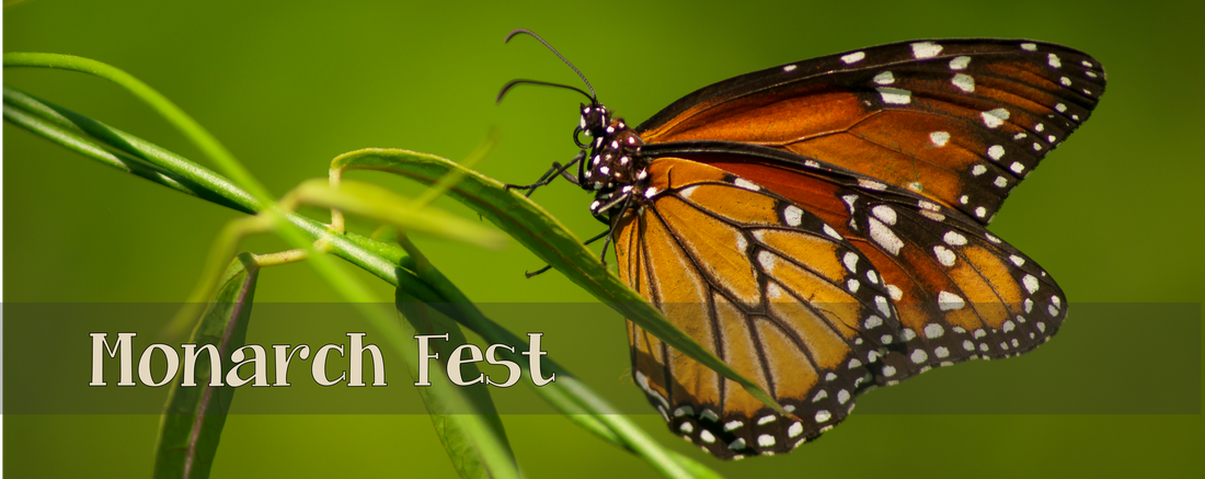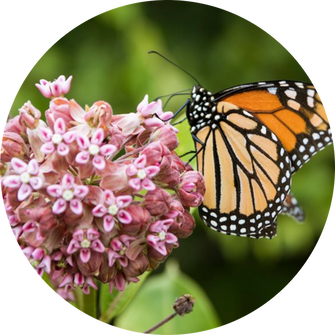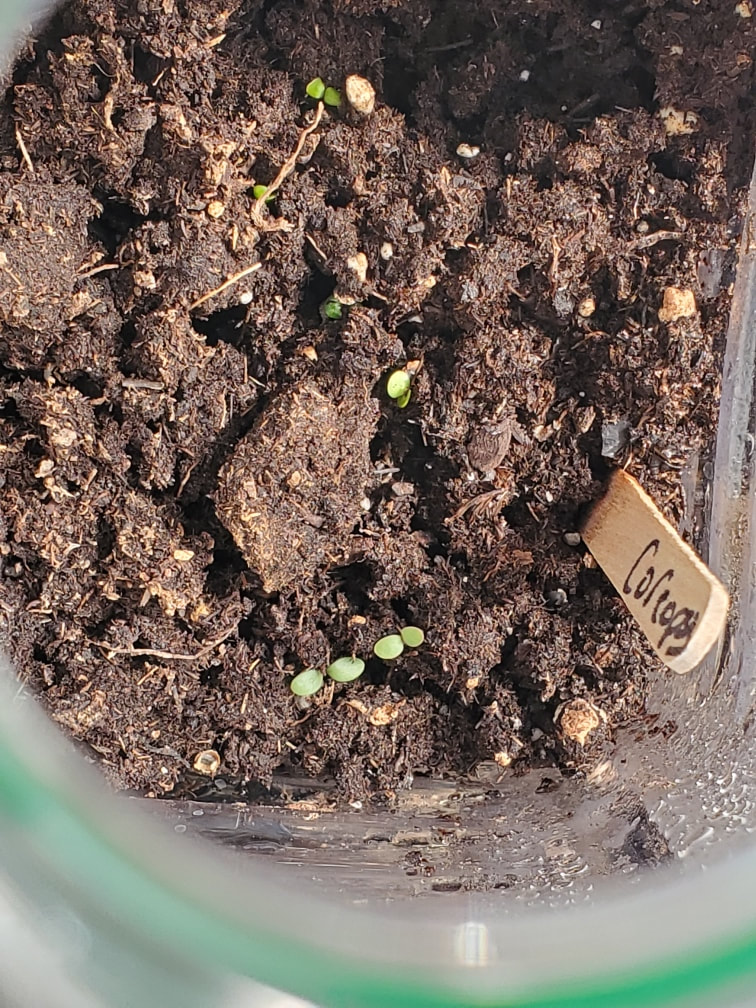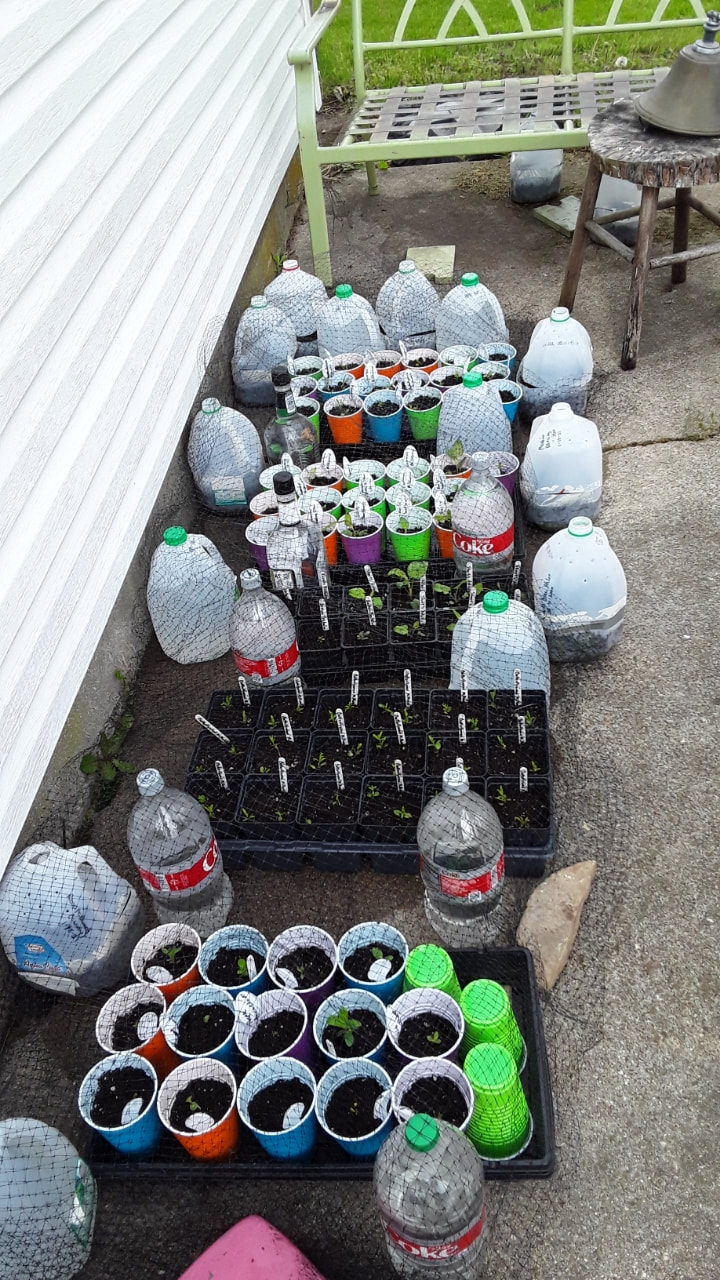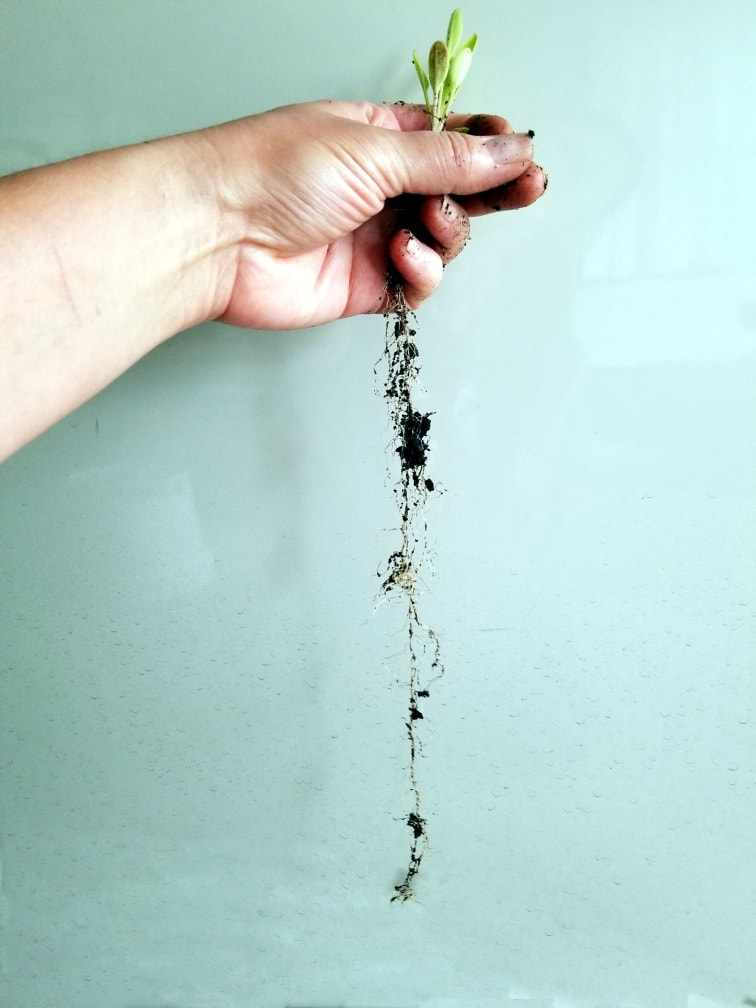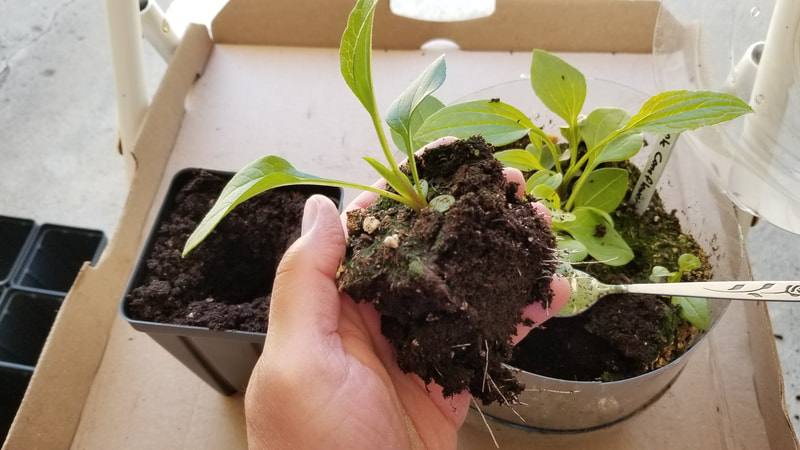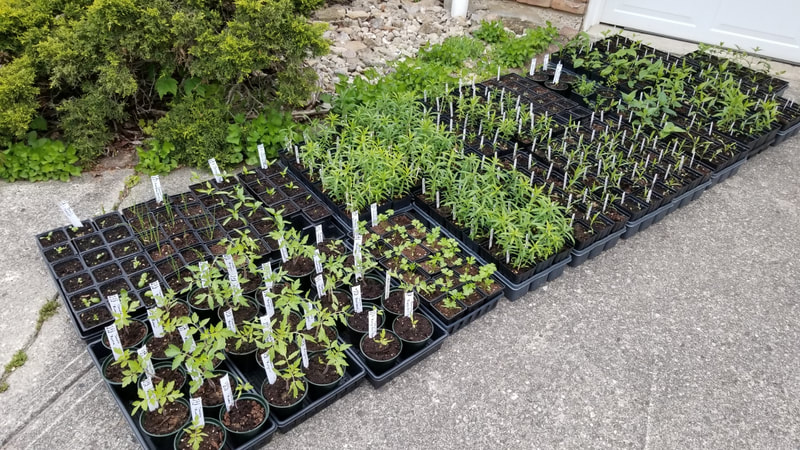Plant Give-Away 2024Members and friends of Christ the King are busy growing milkweed and other native plants for YOUR GARDEN.
You may receive up to 2 FREE plants. Note that there are a limited number of plants available. They will be distributed on a first-come, first-served basis while quantities last. Wondering about which plants will be best in your yard? Think about WHERE you would like to put your plants and look at the plant information shown on the plant list. Make sure that your selected plants will do well with the amount of sun it will receive, the space available for it to grow, and the moisture requirements it needs. You can get other garden design tips HERE. Go to the PLANT LIST |

